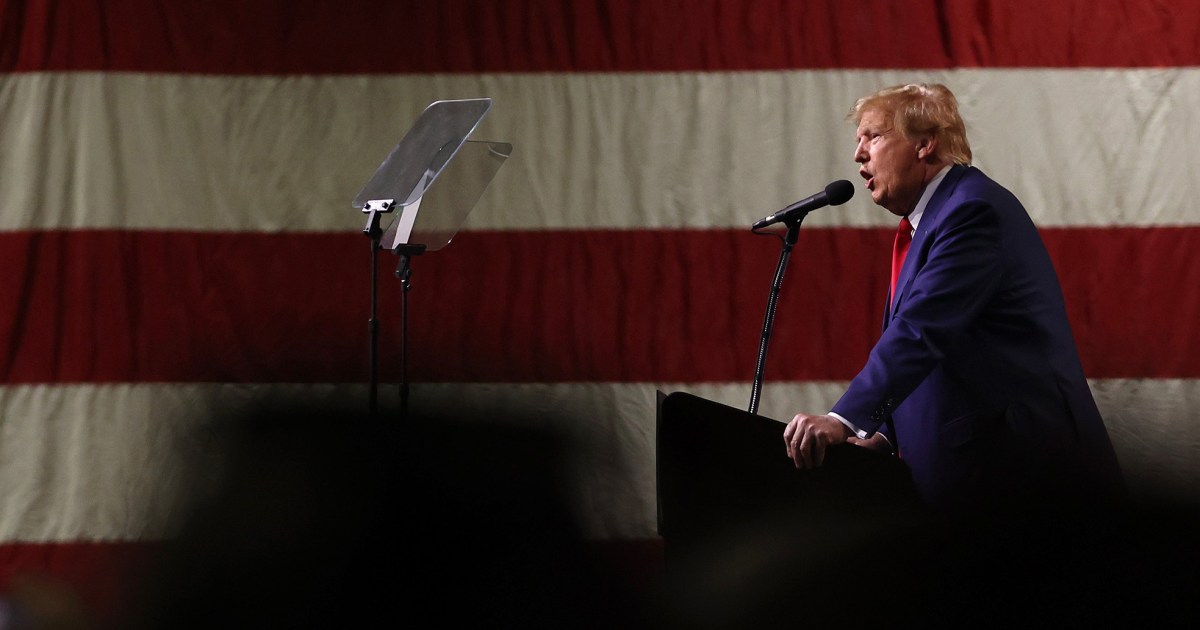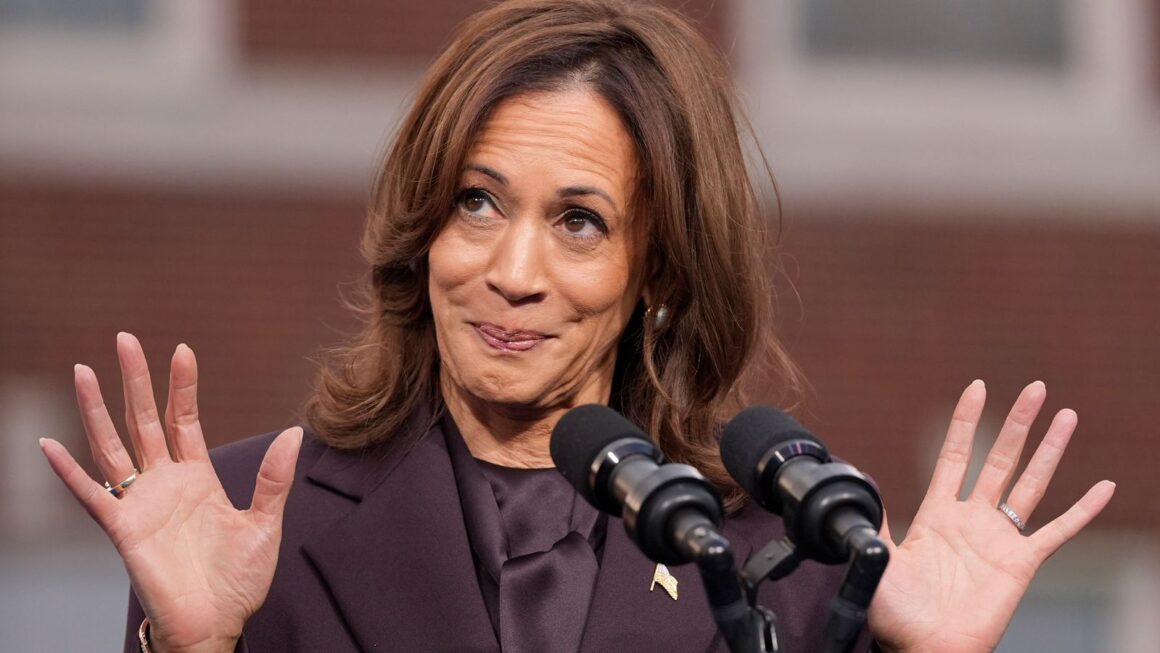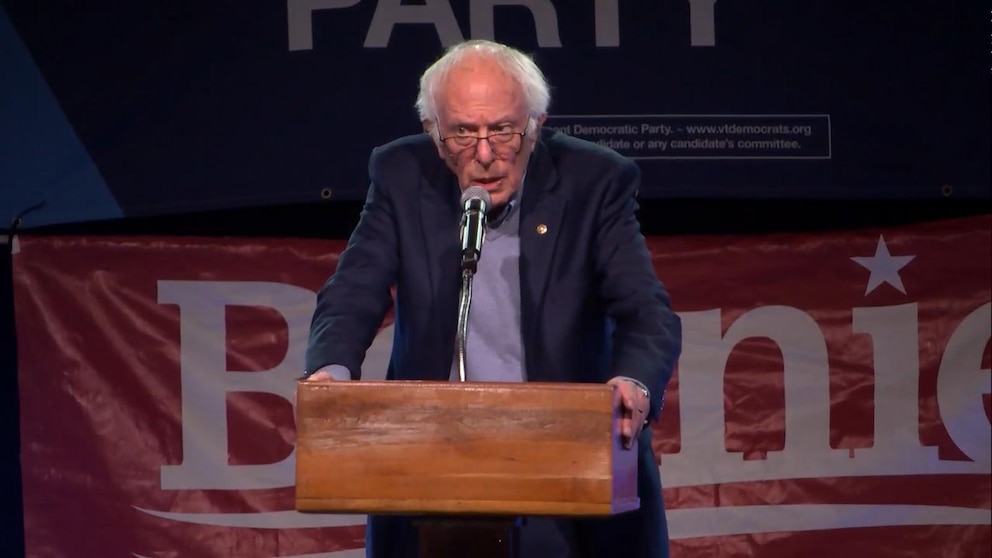Great campaigns are always about something. The races that stand out in history, the ones that inspire meaningful debates and capture voters’ attention, invariably answer big questions. They focus on grand ideas. They present bold choices with consequential answers.
For months, the 2024 presidential election was unfolding in underwhelming ways. The race for the Republican Party’s presidential nomination, for example, has featured plenty of candidates, though the top contenders haven’t bothered to present solutions to national challenges, leading to months of conversation about conspiracy theories and dubious claims about electability.
But as 2023 comes to a close, and the election year begins in earnest, the electorate is now confronted with an election that is most certainly about a big question and a bold choice.
Can Donald Trump win the presidency while running on an authoritarian vision?
In recent weeks, as the former president has repeatedly referenced his “dictatorial“ ambitions, some conservative voices — on the pages of National Review and The Wall Street Journal — have argued that the public has nothing to fear, because the GOP frontrunner won’t really create an American autocracy.
The fact that such pieces have even been published reflects an extraordinary public conversation about whether a major party’s likely presidential nominee will follow through on his own rhetoric and abandon his own country’s system of government.
But making matters spectacularly worse is the fact that the candidate himself is not only stepping on his would-be defenders, he’s also abandoning all subtlety. The Washington Post reported:
Republican polling leader Donald Trump approvingly quoted autocrats Vladimir Putin of Russia and Viktor Orban of Hungary, part of an ongoing effort to deflect from his criminal prosecutions and spin alarms about eroding democracy against President Biden. His speech at a presidential campaign rally here on Saturday also reprised dehumanizing language targeting immigrants that historians have likened to past authoritarians, including a reference that some civil rights advocates and experts in extremism have compared to Adolf Hitler’s fixation on blood purity.
Yes, it was quite a weekend for the Republican Party’s likely 2024 nominee. Trump turned to Vladimir Putin for validation of his conspiracy theories. He repeatedly accused immigrants of “poisoning the blood of our country,” echoing Nazi-era rhetoric. He referred to Jan. 6 rioters as “hostages.” He celebrated North Korea’s Kim Jong Un and China’s Xi Jinping. He touted Hungary’s Viktor Orban as “the man who can save the Western world.”
A day later, the former president headlined an event in Nevada, where he defended politically aligned suspected criminals, used more dehumanizing rhetoric to condemn immigrants, and raised the specter of withdrawing U.S. troops from deployments abroad so that he could position them along the U.S./Mexico border.
All of this, of course, dovetails with the Republican’s plan to seize control of government departments and agencies that have historically operated with independence, enact radical anti-immigration plans, use government powers to crack down on journalists, and hire right-wing lawyers who will be positioned to help Trump politicize federal law enforcement and exact revenge against his perceived political foes.
He’s also been quite candid about issuing pardons to politically allied criminals and labeling his opponents “vermin,” seemingly indifferent to the word’s 1930s-era antecedents.
Those clamoring for a campaign of historic significance no longer have to wait.
![]()






